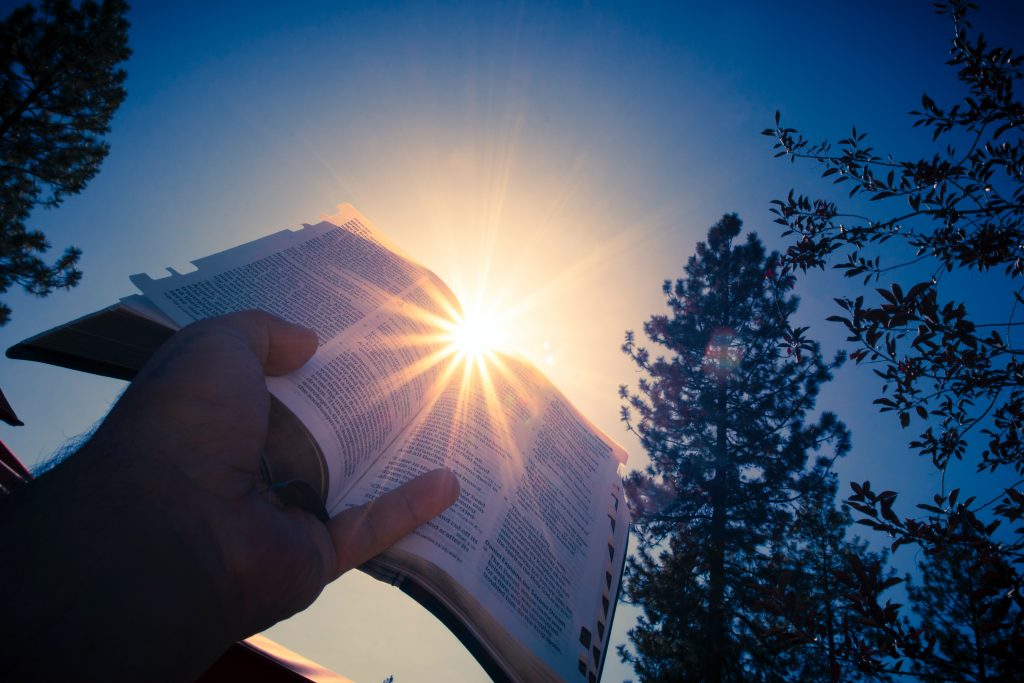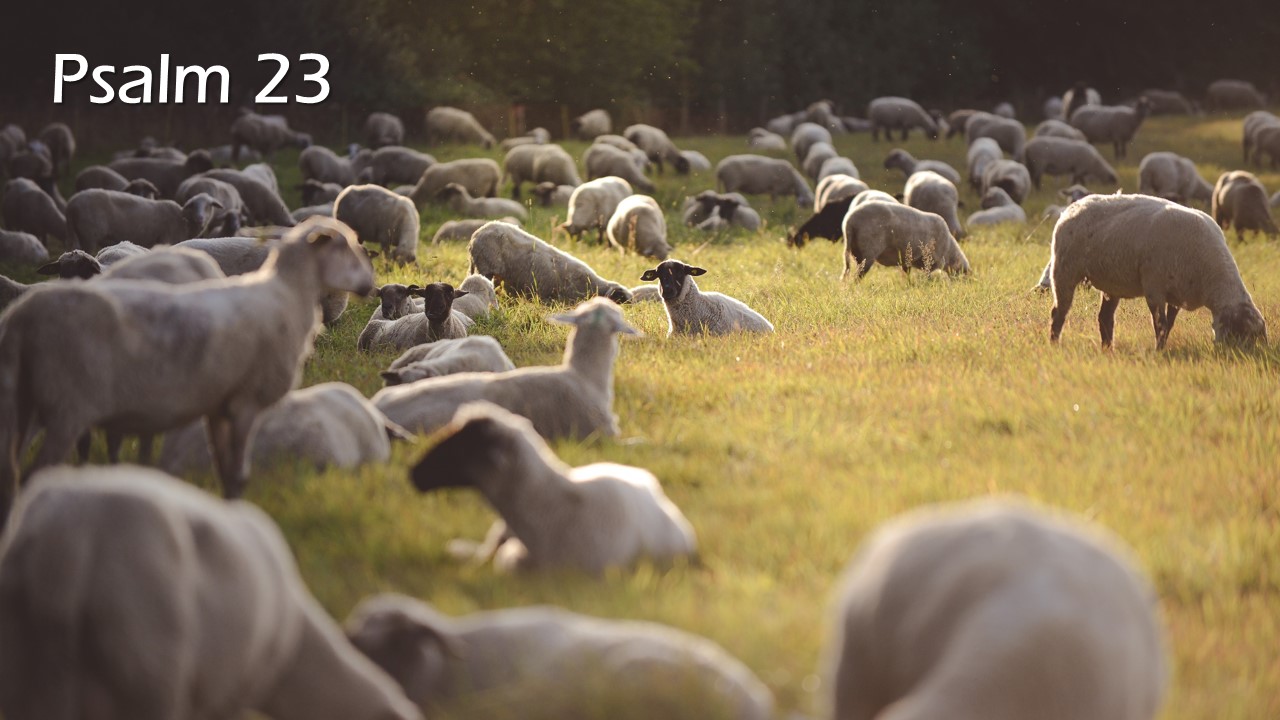All those who love to watch a glorious sunrise or sunset and enjoy the majesty of the stars at night, will readily appreciate the first few verses of this psalm. But reading further into the psalm, it’s easy to see there is a dramatic change part way through. The first part feels glorious and is full of wonder. The second part can almost feel like the opposite. But is this really the case? Or are these two distinct parts giving us one message? So let’s dive beneath the surface, and allow the psalmist to open our eyes to see what he is seeing.
The Creator
The heavens declare the glory of God;
And the firmament shows His handiwork.
Day unto day utters speech,
And night unto night reveals knowledge.
There is no speech nor language
Where their voice is not heard.
Their line has gone out through all the earth,
And their words to the end of the world.
Psalm 19:1-4a (NKJV)
These verses are rather like a poetic rendition of the first few verses of Genesis 1. That’s because some of the same words are used – the firmament of heaven, as well as day and night. So we could easily think these verses are all about the magnificence of creation. But they are not. These verses are about the wonderful and continual message the heavens are proclaiming. And their message is all about our Creator God.
According to the psalmist, the heavens unrelentingly declare the weightiness of God’s glory and show off His handiwork (verse 1). Day pours out or bubbles forth this exciting word, transmitting it as in a chain through to the next day, and night declares knowledge through to the next night (verse 2).
This proclamation in the skies above can be easily seen by absolutely everyone here on earth (verse 3). Verse 4 likens the proclamation of the heavens to a measuring line that goes through the whole earth. And this measuring line also reflects the truth and justice of our Creator (Job 38:4-5; Isaiah 28:17).
In them He has set a tabernacle for the sun,
Which is like a bridegroom coming out of his chamber,
And rejoices like a strong man to run its race.
Its rising is from one end of heaven,
And its circuit to the other end;
And there is nothing hidden from its heat.
Psalm 19:4b-6 (NKJV)
According to Hebrew understanding, a day begins at sunset. This is what the psalmist is portraying through poetic or picture language in the verses above. He describes it as though God has appointed a tabernacle, or tent for the sun to go into at night. Then every morning it comes out to eagerly run its assigned course through the day.
The Creator’s Order
The marvels of the heavens and the poetic language used so far have touched our emotions and sparked our imagination. But when the subject turns to God’s law, our thinking abruptly shifts. But I’m not sure that’s what the psalmist intends.
When we think of “law” we usually think of rules and regulations. But the Hebrew understanding of law was quite different and far wider than this. In Old Testament times they believed that law and order was built into the very fabric of the created world. This divine order was needed for everything to function well. And God’s written law was given to instruct people about the best way to live and be in harmony in God’s world. These instructions for life are what the second part of the psalm is about.
Everything in the firmament in heaven follows God’s order – it therefore clearly and continually displays His glory. When we follow God’s order, we are restored, wise, joyful and full of light (verses 7 and 8). In other words, we also display aspects of God’s glory.
That’s why the psalmist says we should desire God’s ways more than gold, and that there is great reward when we follow Him (verses 10-11).
Our Response
The psalmist has painted a very large picture of God’s order – from the message seen in the heavens through to the instructions God gives for life. And this causes him to respond from his innermost being. He asks God to search his heart for anything that is contrary to God’s ways (verses 12-13). In the final verse the psalmist prays that everything he says and everything he thinks about would be pleasing to God.
Then he makes one final declaration – that the Lord is His rock (or strength), and the One who has redeemed him. This is no “add-on” at the end of the psalm, but integral to his prayer. That’s because he cannot do this in his own strength – he is totally dependent on God.
Let the words of my mouth and the meditation of my heart
Be acceptable in Your sight,
O Lord, my strength and my Redeemer.
Psalm 19:14 (NKJV)
Just as in the psalmist’s day, the heavens continue to declare the glory of God today. And just as in the psalmist’s day, it calls for a response from all those who see and hear the message to follow Him with everything we have.
So why not make verse 14 your prayer and declaration as you face your day today?





